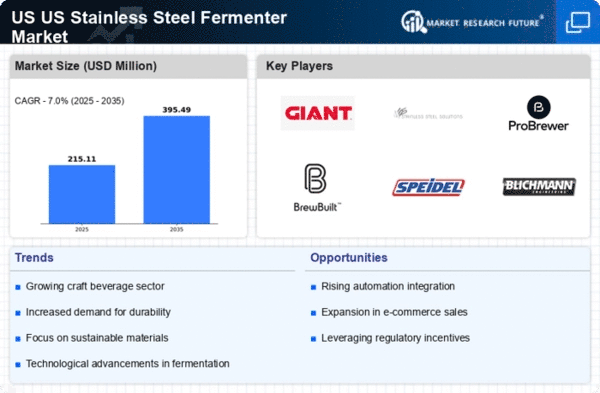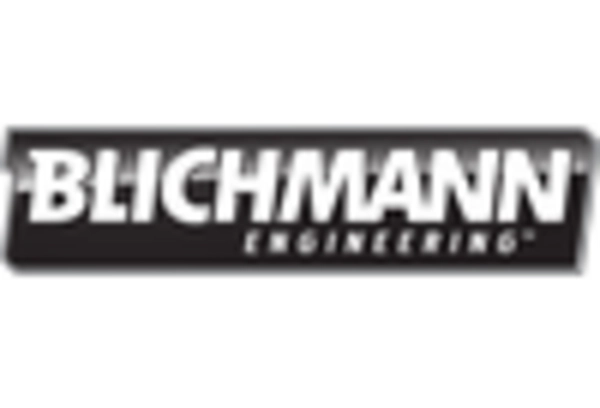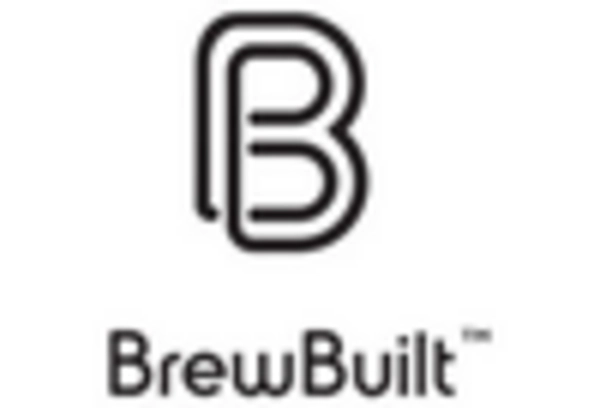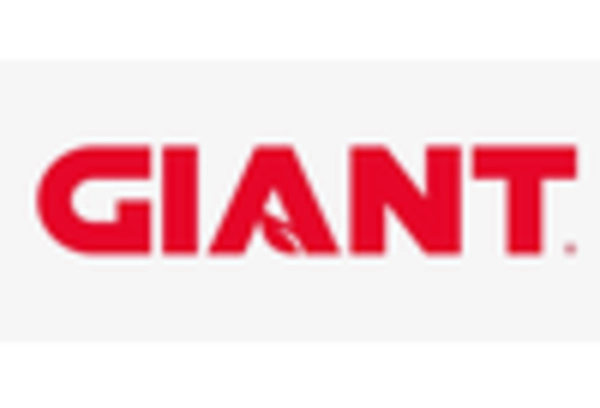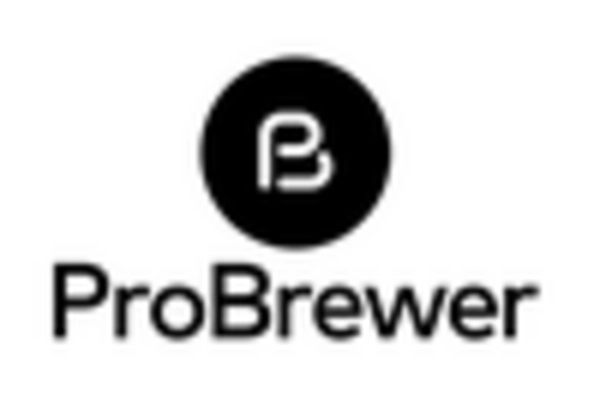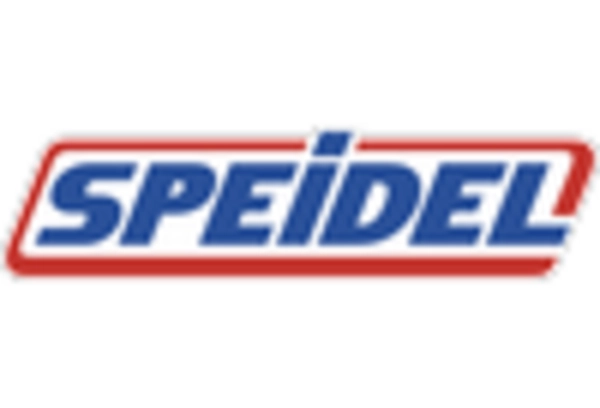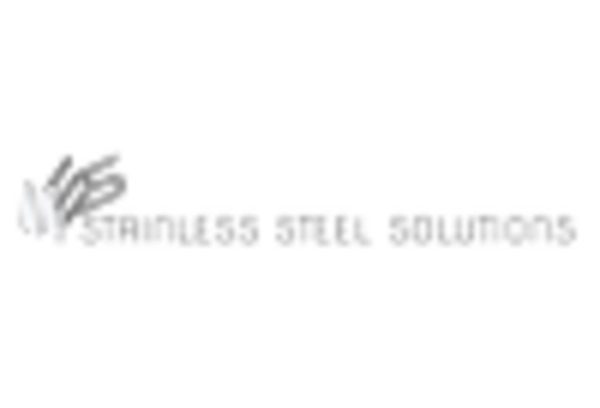Growing Craft Beverage Sector
The US Stainless Steel Fermenter Market is experiencing a notable surge due to the growing craft beverage sector. As consumer preferences shift towards artisanal and locally produced beverages, the demand for stainless steel fermenters has escalated. In 2025, the craft beer market alone was valued at approximately 26 billion USD, indicating a robust growth trajectory. This trend is not limited to beer; craft spirits and wines are also gaining traction, further driving the need for high-quality fermentation equipment. Stainless steel fermenters are favored for their durability, ease of cleaning, and ability to maintain temperature control, which are essential for producing high-quality beverages. As the craft beverage industry continues to expand, the US Stainless Steel Fermenter Market is likely to benefit significantly from this trend.
Increased Focus on Quality and Safety
The US Stainless Steel Fermenter Market is witnessing an increased focus on quality and safety standards in beverage production. Consumers are becoming more discerning about the products they consume, leading manufacturers to prioritize high-quality fermentation processes. Stainless steel fermenters are preferred due to their non-reactive nature, which ensures that the final product remains uncontaminated. Furthermore, compliance with food safety regulations necessitates the use of materials that are easy to clean and maintain. As the industry adapts to these heightened quality expectations, the demand for stainless steel fermenters is expected to grow. This trend underscores the importance of quality assurance in the US Stainless Steel Fermenter Market.
Sustainability Trends in Manufacturing
Sustainability is becoming a central theme in the US Stainless Steel Fermenter Market. As environmental concerns rise, manufacturers are increasingly seeking eco-friendly production methods. Stainless steel is favored for its recyclability and lower environmental impact compared to other materials. The push for sustainable practices is not only driven by consumer demand but also by regulatory pressures aimed at reducing carbon footprints. Companies that adopt sustainable manufacturing processes are likely to gain a competitive edge in the market. This trend suggests that the US Stainless Steel Fermenter Market will continue to evolve towards more sustainable practices, potentially leading to innovations in product design and manufacturing techniques.
Regulatory Support for Craft Production
The US Stainless Steel Fermenter Market is benefiting from favorable regulatory frameworks that support craft production. Various state and federal policies are being implemented to promote small-scale breweries and distilleries, which often require stainless steel fermenters for their operations. For example, the Small Business Administration has programs aimed at assisting small beverage producers, which indirectly boosts the demand for fermentation equipment. Additionally, regulations that encourage sustainable practices in production are leading to a preference for stainless steel fermenters, known for their recyclability and longevity. As these supportive policies continue to evolve, they are likely to create a conducive environment for the growth of the US Stainless Steel Fermenter Market.
Technological Innovations in Fermentation
Technological advancements are playing a pivotal role in shaping the US Stainless Steel Fermenter Market. Innovations such as automated fermentation systems and advanced temperature control mechanisms are enhancing the efficiency and precision of the fermentation process. These technologies not only improve product quality but also reduce production time and costs. For instance, the integration of IoT in fermentation systems allows for real-time monitoring and adjustments, which can lead to better fermentation outcomes. As manufacturers increasingly adopt these technologies, the demand for stainless steel fermenters equipped with such features is expected to rise. This trend indicates a shift towards more sophisticated fermentation solutions, positioning the US Stainless Steel Fermenter Market for substantial growth in the coming years.


